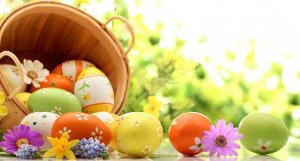
2. F
3. F
4. T
5. F

2. F
3. F
4. T
5. F
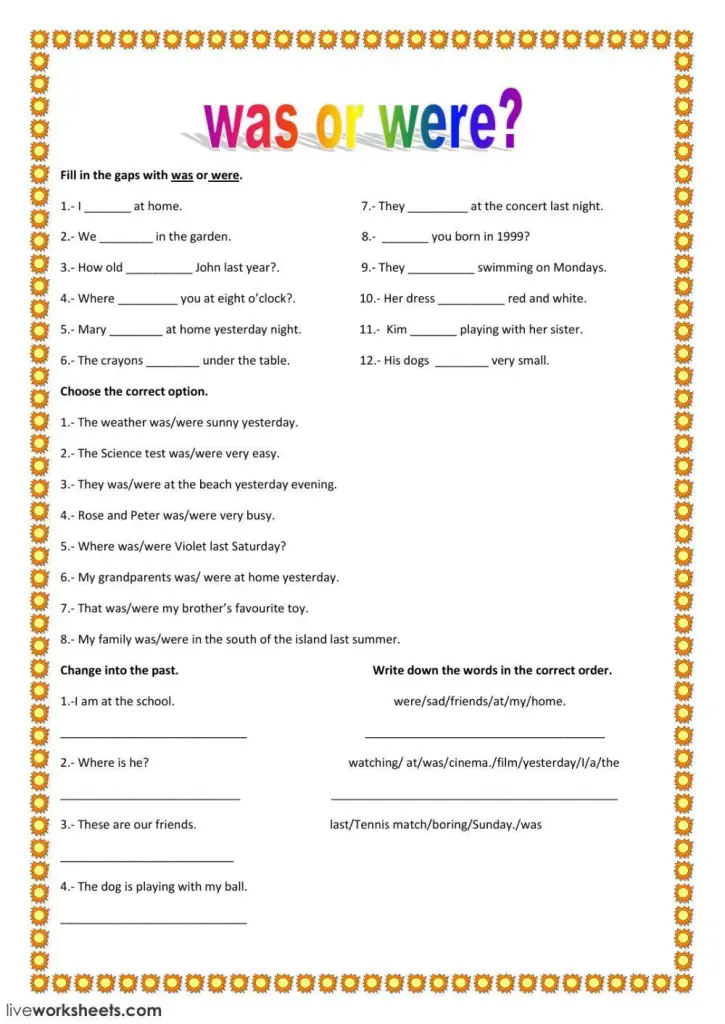
Choose the correct option.
Change into the past.
Write down the words in correct option.
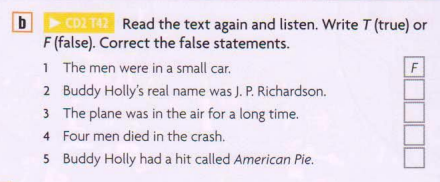
2. F
3. F
4. T
5. F
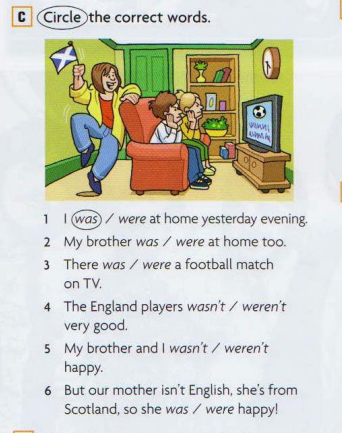
2. was
3. was
4. weren’t
5. weren’t
6. was

2. were
3. were
4. was
5. was
6. were
7.was
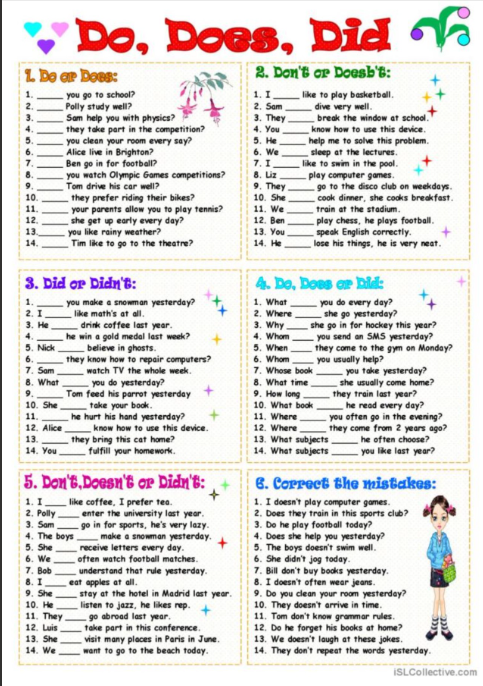
1. Do or Does
2. Don’t or Doesn’t
3. Did or Didn’t
4. Do, Does or Did
5. Don’t, Doesn’t or Didn’t
6. Correct the mistakes
In the Armenian tradition, there is a game of eggs between two people. The owner of the breaking egg is declared the winner and eats the broken egg. It is also a tradition to eat Easter eggs with tarragon, salt and lavash.
In the tradition of Western countries, eggs are hidden in the grass or greens, and children try to find them. It is called “Easter hunting”.
Armenians celebrated Easter in April, much earlier than Christianity. It was called Easter because of the separation of spring from winter. There are hypotheses that in the beginning it was a stationary holiday and coincided with the equinox of March 21, in the sense of separating night and day. Eggs are also painted during the Armenian Pagan New Year and the Persian Nowruz holiday, which begins at the spring equinox. In the Armenian pagan new year, 2012 dyed eggs were eaten with tarragon, salt and lavash.
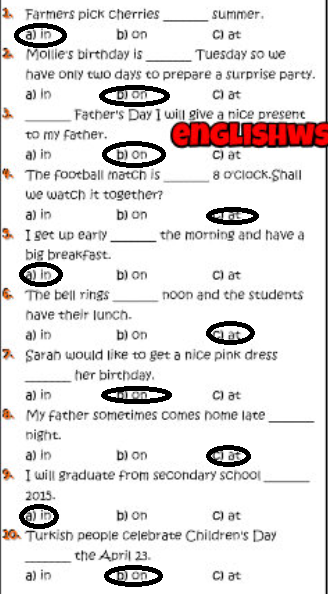
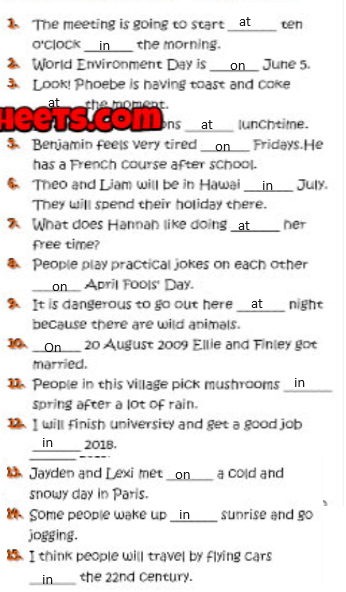

1. The ‘Edinburgh International Festival’ started in 1947.
2. There’s something for everyone.
3. There are really several festivals that all happen in August.
4. Ever year, over 200.000 people watch the Tattoo.
5. Hotels and guesthouse are always full, so if you want to see the festival plan early.
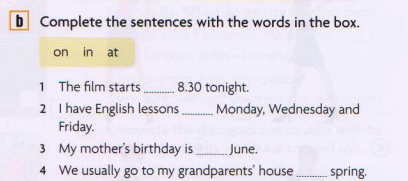
1. at
2. on
3. in
4. in
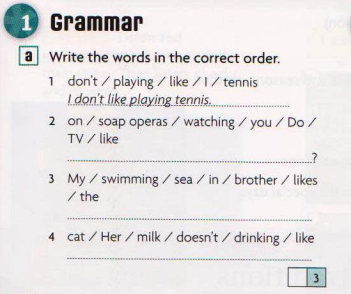
1. Do you like watching soap operas on TV.
2. My brother likes swimming in the sea.
3. Her cat doesn’t like drinking milk.
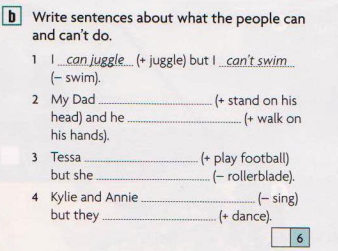
1. My Dad can stand on his head and he can walk on his hands.
2. Tessa can play football but she can’t rollerblade.
3. Kylie and Annie can’t sing but they can dance.
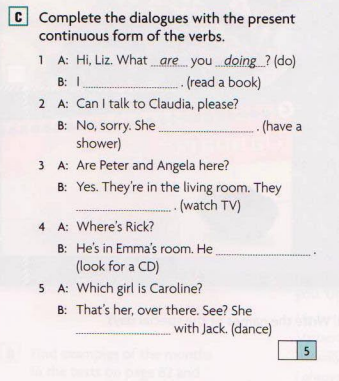
1. I am reading a book
2. She is having a shower
3. They are watching a TV
4. He is looking for CD
5. She is dancing with Jack

2. volleyball
3. rugby
4. football
5. basketball
6. cycle
7. gymnastics
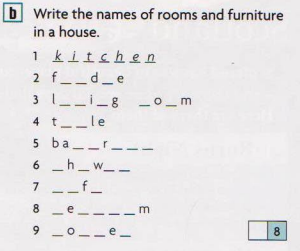
2. Fridge
3. Living room
4. Table
5. Bathroom
6. Shower
7. Sofa
8. Bedroom
9. Toilet
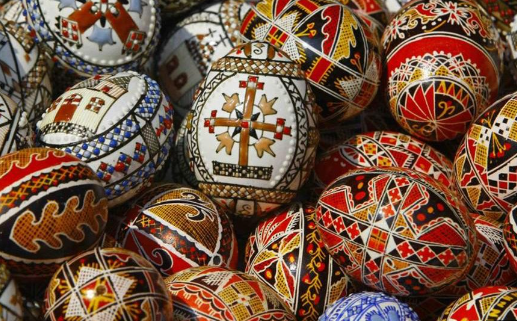
1. Lent: Easter marks the end of Lent, a 40-day period of fasting, prayer, and penance observed by many Christians in preparation for Easter.
2. Easter Foods: Different cultures have their own traditional foods for Easter. In the United States, a common Easter meal includes ham, lamb, or roast beef, along with side dishes like potatoes, vegetables, and hot cross buns.
3. Symbolism of Eggs: The tradition of Easter eggs dates back to early Christians in Mesopotamia and later adopted by Christians in medieval Europe. Eggs are seen as a symbol of new life and resurrection.
4. Easter Vigil: In the Christian liturgical calendar, the Easter Vigil is held on the evening of Holy Saturday, marking the end of the Easter Triduum (the three-day period of Holy Thursday, Good Friday, and Holy Saturday).
5. Date Variability: Unlike fixed-date holidays such as Christmas, Easter’s date changes each year. It falls on the first Sunday after the first full moon following the vernal equinox. This means it can occur between March 22 and April 25.
6. Commercialization: Like many holidays, Easter has become increasingly commercialized, with the sale of Easter-themed decorations, candies, and gifts. However, for many Christians, the religious significance of Easter remains paramount.
7. Easter in Different Cultures: While Easter is primarily a Christian holiday, it is celebrated in various ways around the world. In addition to religious observances, some cultures incorporate their own customs and traditions into Easter celebrations.
8. Easter Parade: Easter parades are a cultural tradition in many parts of the world, especially in the United States. These parades often feature participants wearing elaborate bonnets and costumes, marching bands, and floats.
9. Religious Origins: Easter is a Christian holiday that celebrates the resurrection of Jesus Christ from the dead, as described in the New Testament of the Bible. It is considered the most important event in Christian theology.
10. Easter Bunny: The Easter Bunny is a folklore figure originating in German Lutheranism. It represents a rabbit who brings baskets filled with colored eggs, candy, and toys to children on Easter Sunday.
